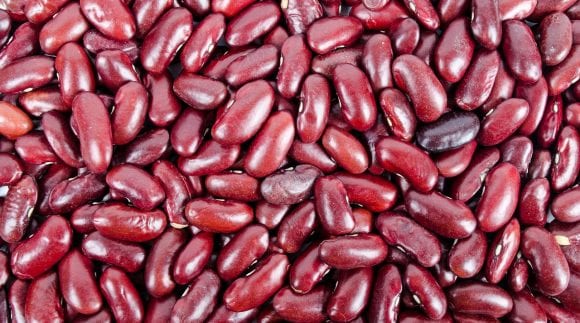Lectins are being criticized in nutritional circles around the world. They are being blamed for all sorts of symptoms and medical conditions. Lectins and leaky gut syndrome seem to have created the most buzz around the internet. They can be harmful in certain cases; however, your body requires a certain number of these sticky proteins. It depends on the number you consume, your sensitivity levels, and your current health condition.
Lowdown on Lectins
Lectins are carbohydrate binding proteins which have recently been referred to as the new glutens. Uncooked legumes, specific grains, and certain forms of dairy contain the highest levels. Your body requires lectins to perform several basic, but vital functions. Some are healthy, while others are considered toxic.
Lectins from kidney beans can be poisonous. To be lethal, you would have to soak them first, then eat them raw. On the other hand, the number of lectins in tender, cooked kidney beans are not harmful to most people.
They are present in mostly everything you probably eat daily. Your body uses them most frequently for cellular growth and communication. Lectins also play a key role in your immune system functions. Consuming excessive numbers of these proteins is said to cause certain types of disorders and trigger or exacerbate others.
Deep Seeded Sabotage
It is somewhat damaging to the lining of your digestive system every time you eat. The process of digestion also harms healthy gut flora. Your body, being the amazing machine that it is, repairs these cells almost immediately. Depending upon what you regularly eat, it can be difficult for your body’s damage control to keep up. A high lectin diet can bind more healthy cells and cause increased harm because they are indigestible.
When your body is incapable of maintaining damage control, it can lead to leaky gut syndrome and other types of digestive disorders. It elevates risks of autoimmune disease, inflammation, and nutrient deficiencies. This basically throws a monkey wrench in your homeostasis.
If you are sensitive to certain foods, including those containing lectins, avoiding them may allow your gut lining time to heal. You can enhance the regenerative process by taking steps to boost your immune system and maintain healthy gut floral. Yogurt, fermented foods, and probiotic supplements promote digestive microbiota. A proactive, healthy diet can break the link between lectins and leaky gut syndrome.
Lectin Elimination
Learning which foods are highest in lectins can, of course, help you avoid them. Remember that you need a certain amount in your diet. In some cases, such as with kidney beans, you can destroy most of the lectins with prolonged and intense heat. Individuals who are extremely sensitive may want to eliminate high lectin foods completely. Those listed below contain large numbers of these proteins.
- Red Kidney Beans
- Wheat
- Soybeans
- Peanuts
- Potatoes
- Tomatoes
- Milk
- Eggs
Note: The last two vegetables listed above are within the nightshade family. All members are high in lectins. Eggplant and bell peppers a couple more examples.
Lectins & Insulin Resistance
Lectins have also been blamed for increasing insulin resistance. These sticky proteins bind to receptors interfering with cell communications and inhibiting functions. Your body may produce enough insulin; however, it cannot bind with its respective receptor to trigger the appropriate response.
Potatoes are, as mentioned above, both high in lectins and a member of the nightshade crew. Potatoes are often an iffy subject in diabetes management. They are high in carbs, sugars, and starch, but also in necessary fiber. Cooking destroys the lectin content of potatoes by about half.
Read about replacement foods that are healthy choices. Read more.
